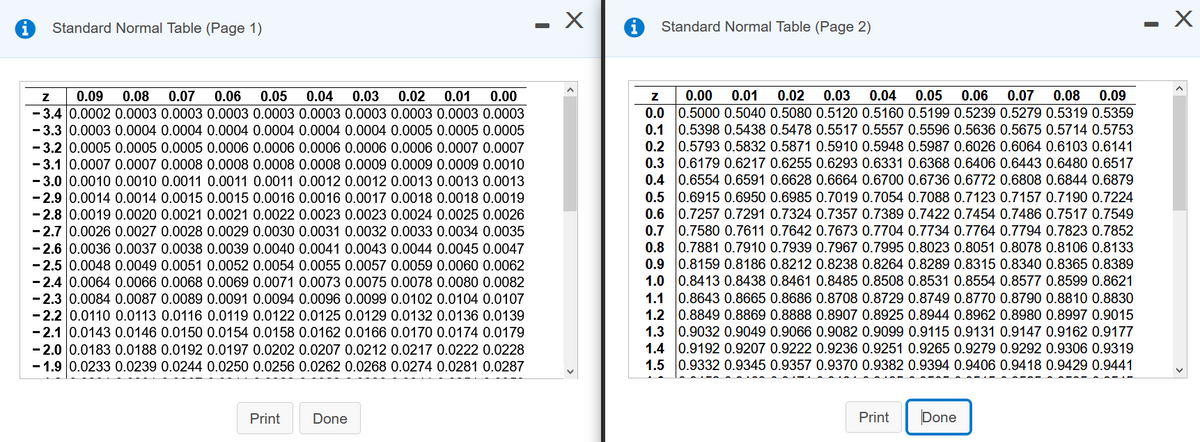

Where x is the sample mean AVERAGE(array), and n is COUNT(array). Z.TEST( array,x ) = 1- Norm.S.Dist ((Average(array)- x) / (STDEV(array)/√n),TRUE) Z.TEST( array,x,sigma ) = 1- Norm.S.Dist ((Average(array)- x) / (sigma/√n),TRUE) Z.TEST is calculated as follows when sigma is not omitted:

If array is empty, Z.TEST returns the #N/A error value. If omitted, the sample standard deviation is used. The population (known) standard deviation. The array or range of data against which to test x. The Z.TEST function syntax has the following arguments:Īrray Required. To see how Z.TEST can be used in a formula to compute a two-tailed probability value, see the Remarks section below.

Returns the one-tailed P-value of a z-test.įor a given hypothesized population mean, x, Z.TEST returns the probability that the sample mean would be greater than the average of observations in the data set (array) - that is, the observed sample mean. This article describes the formula syntax and usage of the Z.TEST


 0 kommentar(er)
0 kommentar(er)
